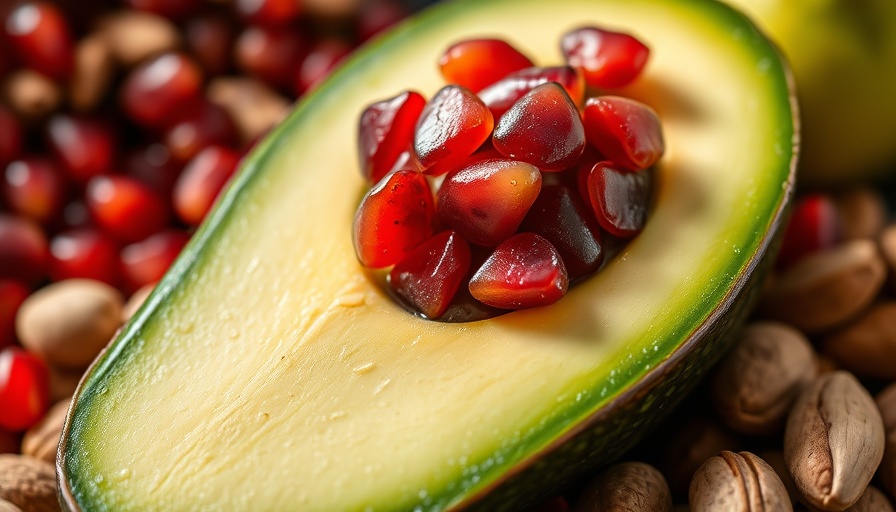
How AI is Redefining the Food Sector
Artificial Intelligence (AI) has become a pivotal force reimagining the food sector, from production to consumption. As we dive deeper into its applications, we discover a landscape where technology meets nutrition to not only enhance food quality but also ensure sustainability. In this editorial, we explore how AI isn't merely an accessory but a necessity driving the food industry's transformation.
Enhancing Agricultural Efficiency Through AI
One of the most notable impacts of AI is witnessed in agriculture, where it enhances disease diagnosis and predicts crop yields, significantly altering farming practices. For instance, a study highlighting the use of deep learning for classifying potato leaf diseases showcases AI's capability to detect issues early, which leads to more effective interventions and boosts overall agricultural productivity. Similar advancements have been made for maize crops, illustrating the profound implications of AI on crop health.
The Role of AI in Food Safety
Food safety concerns are paramount for health-conscious individuals. AI applications extend to monitoring and optimizing food safety protocols. Automated systems can analyze vast amounts of data from food production lines to detect contaminants faster than traditional methods, reducing risks associated with foodborne illnesses. Utilizing sensors and smart algorithms ensures that consumers are provided with safer food options, preserving public health.
Aiding Sustainable Practices in Waste Management
Sustainability in food logistics is critical, and AI is playing a vital role here as well. By predicting food spoilage and optimizing supply chains, AI-driven analytics helps in minimizing food waste, addressing one of the major challenges in the industry. The integration of AI in logistics planning allows organizations to distribute food resources more efficiently, thereby contributing to sustainability.
Linking AI Innovations to Nutritional Benefits
As the conversation around food turns towards health and wellness, AI is positioned to help individuals make informed dietary choices. By analyzing consumer preferences and health data, AI can suggest tailored nutritional plans that enhance lifestyle quality. Whether incorporating anti-aging supplements like NAD+ and CoQ10 or recognizing the importance of Omega-3 for longevity, AI promotes personalized health solutions that resonate with today’s health-conscious consumers.
Future Trends in Food and AI Integration
Looking ahead, the intersection between AI and food processing is ripe with potential. Innovations are on the horizon that promise to personalize the nutritional experience further. The scope of AI's potential extends to every aspect of the food supply chain, from farm to fork, ensuring that we not only meet today's demands but also anticipate the complexities of the future.
Unique Benefits of Embracing AI in Food
Adopting AI technologies in the food sector offers distinctive advantages: increased productivity, enhanced food quality, and personalized nutrition, all while paving the way for greater environmental responsibility. The use of AI can help consumers navigate dietary choices, enabling them to focus on products that support their health goals, such as selecting supplements that promote longevity and vitality.
Call to Action: Explore AI-driven Nutritional Strategies
As we witness the rise of AI in the food sector, we invite you to explore how these innovations can enhance your health journey. Dive into the myriad of options available for improving your diet with science-backed insights on anti-aging supplements, nutrition-rich foods, and tailored health strategies that resonate with your wellness aspirations.
 Add Row
Add Row  Add
Add 




Write A Comment